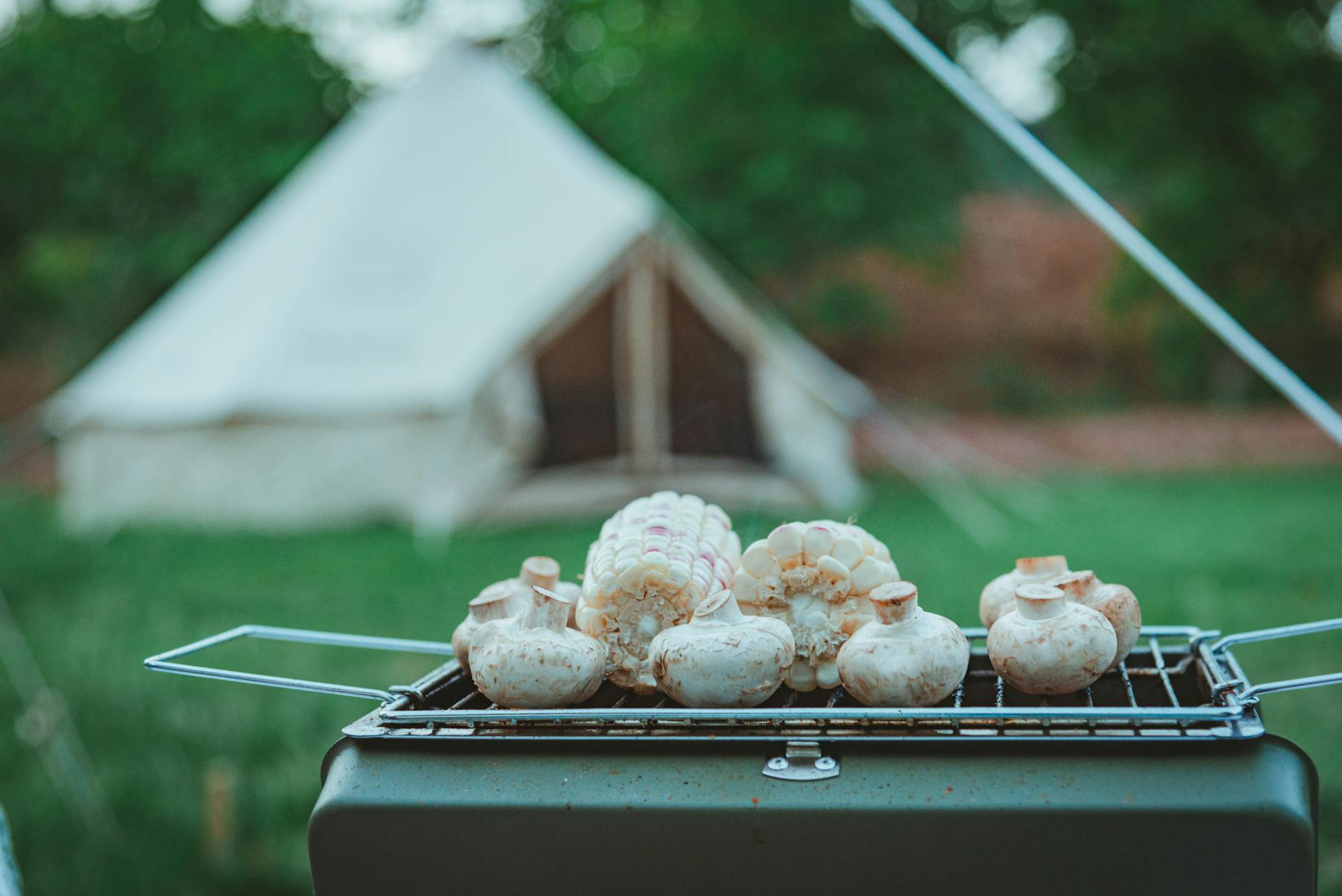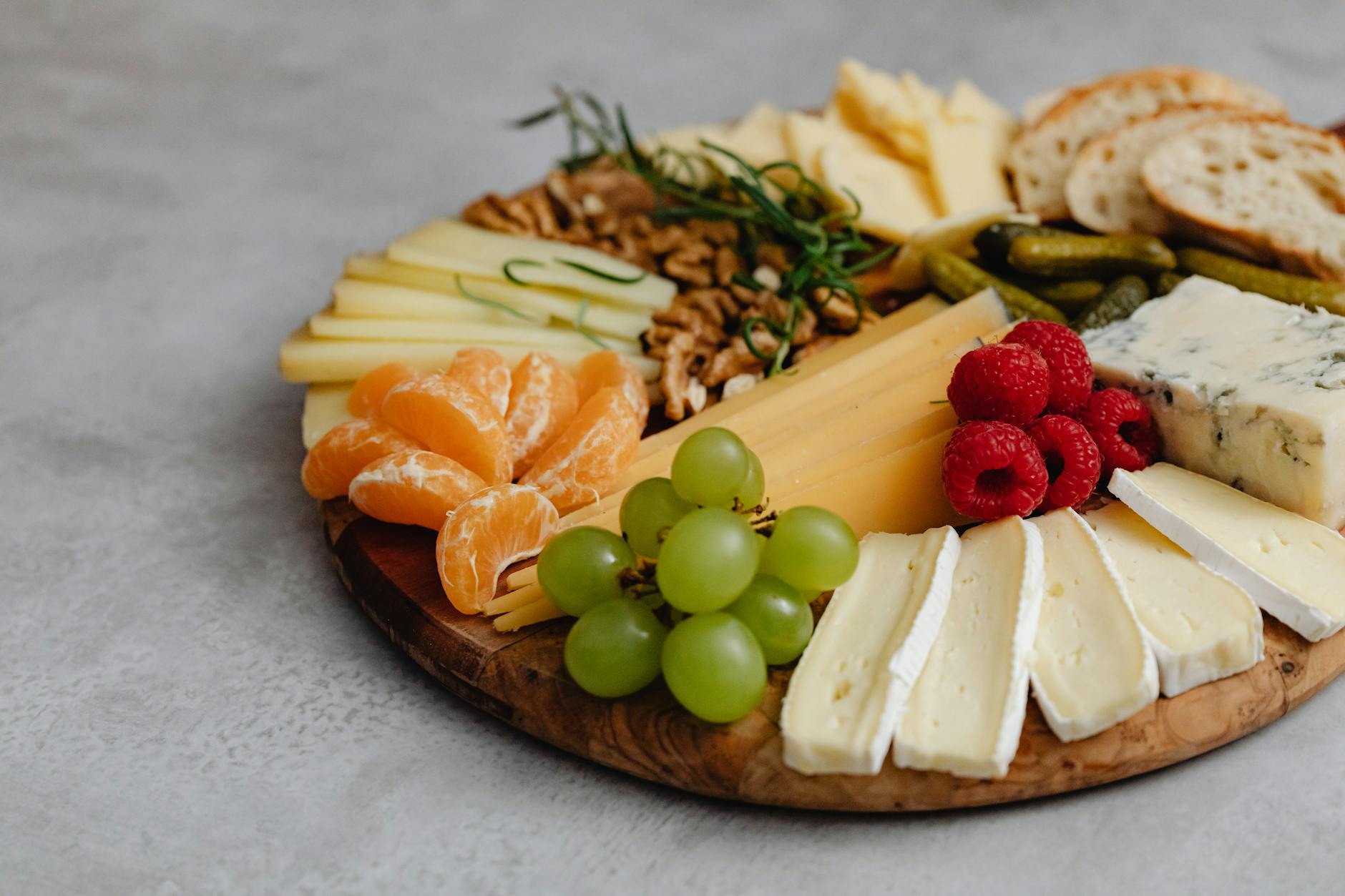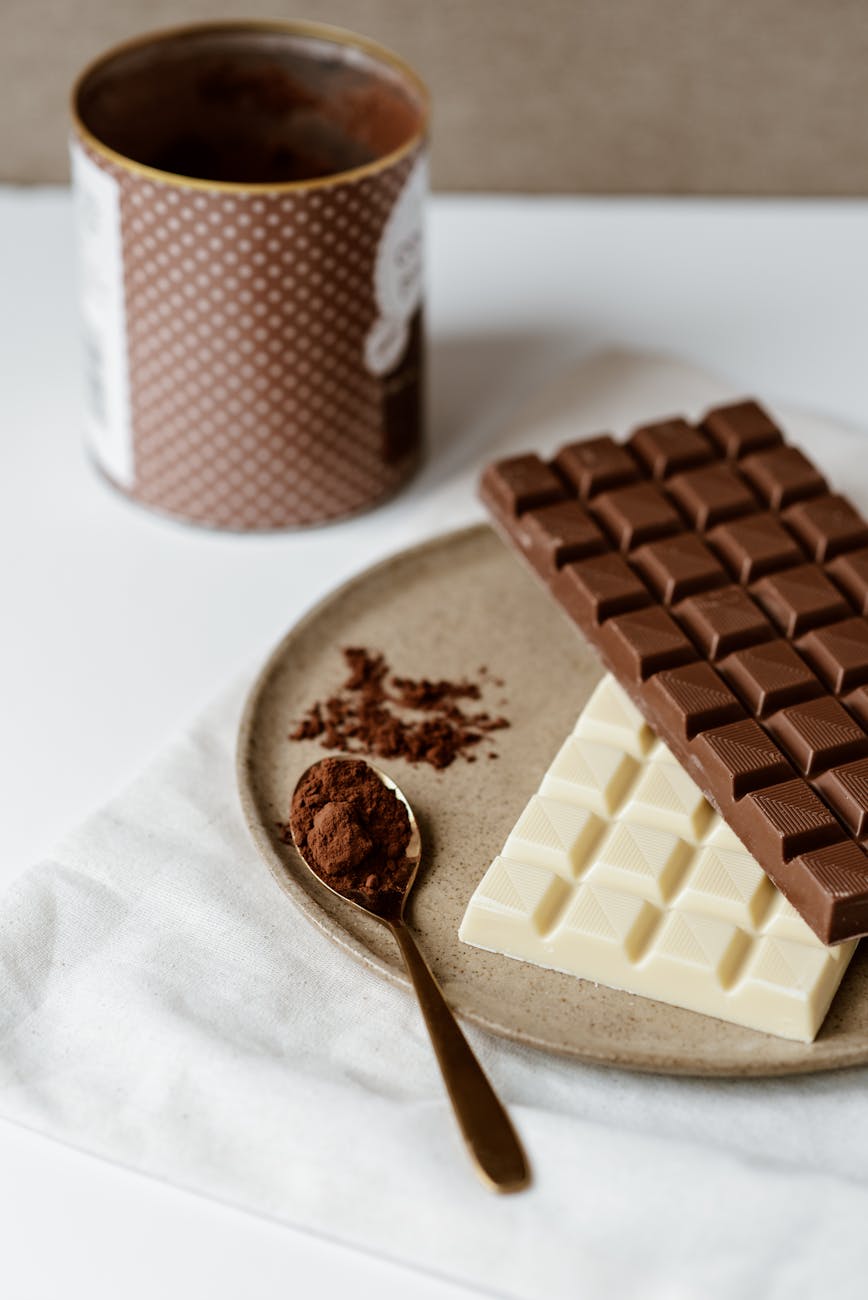Camping is a cherished way to connect with nature, unplug from daily routines, and enjoy outdoor adventures. Whether it’s a solo hike, a family getaway, or a weekend with friends, preparing for food and cooking in advance can significantly enhance the camping experience. For beginners, planning meals for an overnight camping trip doesn’t need to be complicated. With a few simple camp cooking tips, anyone can cook wholesome, satisfying meals outdoors, even on a special diet.
- 1. Know Your Campsite and Resources
- 2. Choose Easy, No-Fuss Meals
- 3. Prep Ahead at Home
- 4. Carry the Right Camp Cooking Equipment
- 5. Plan for Dietary Preferences and Restrictions
- 6. Safe Food Storage and Hygiene
- 7. Smart and Simple Sandwiches
- 8. Hydration and Beverages
- 9. Cooking with Kids? Exercise Extra Caution
- 10. Clean-Up is Just as Important
- Bonus Tips for a Smoother Experience
- Final Thoughts
This guide covers practical meal-planning tips, vegetarian and vegan-friendly suggestions, and safety advice to ensure your camping experience is smooth, enjoyable, and delicious.
1. Know Your Campsite and Resources
Before planning any food, research the campsite:
- Is there a fire pit, grill, or stove?
- Are open fires allowed?
- Is clean water available on-site?
Knowing what cooking tools and conditions are available helps narrow down what kind of meals can be prepared.
Also, note the duration of your trip. For an overnight stay, one dinner, one breakfast, and some light snacks will typically suffice.
2. Choose Easy, No-Fuss Meals
Stick to meals that require minimal ingredients and are easy to cook or assemble. One-pot meals, sandwiches, wraps, and ready-to-eat items save time and reduce clean-up. Avoid recipes that need long preparation times or unfamiliar ingredients.
Simple Ideas Include:
- Breakfast: Oats with plant-based milk powder, granola bars, or peanut butter and banana wraps.
- Lunch or Dinner: Instant noodles, foil-packed veggies, couscous salad, or rice cooked with beans and spices.
- Snacks: Trail mix, crackers, fresh fruits, energy bars.
3. Prep Ahead at Home
Do as much prep work as possible before leaving. Pre-cut vegetables, marinate tofu or paneer, cook and freeze curries, and pre-mix spice blends or sauces in small containers.
Vegetarian and vegan meal bases like lentils, chickpeas, and stir-fried vegetables can be cooked beforehand and stored in reusable zip-lock bags or containers. This not only saves time but also ensures safety and hygiene.
4. Carry the Right Camp Cooking Equipment
Packing light is important, but don’t skimp on the essentials. Consider the following gear:
- Portable stove or gas burner
- Lightweight cookware (1 pot, 1 pan, spatula)
- Biodegradable utensils
- Insulated containers or thermal flasks
- A cooler box (if carrying perishable items)
- Reusable plates and cups
- Wet wipes and eco-friendly dish soap
Make sure to test your stove and gear before the trip to avoid surprises.
5. Plan for Dietary Preferences and Restrictions
Camping meals should be inclusive and cater to everyone’s needs. For vegetarians and vegans, focus on whole foods like lentils, nuts, vegetables, plant-based proteins, and grains.
For those following gluten-free, low-sodium, or diabetic-friendly diets, pre-pack custom snacks and meals. Always read food labels carefully and avoid cross-contamination.
Avoid experimenting with unfamiliar ingredients while camping, especially if travelling with children or individuals with allergies. Stick to what the body already tolerates well.
6. Safe Food Storage and Hygiene
Proper storage prevents spoilage and keeps wildlife away. Use airtight containers, zip-lock bags, and labeled boxes to organize camp food / tent food items.
Tips for Food Safety:
- Keep raw and cooked food separate.
- Use a cooler with frozen bottles or ice packs.
- Avoid leaving food out overnight.
- Wash hands before and after handling food.
- Use biodegradable soap to clean dishes and dispose of wastewater away from campsites and water bodies.
7. Smart and Simple Sandwiches
Sandwiches are perfect for quick, no-cook meals on a camping trip. Opt for dry fillings such as:
- Peanut butter and banana
- Hummus with grated carrots and spinach
- Avocado with lime and salt (use just before eating)
- Roasted vegetables with vegan mayo
- Paneer or tofu with herbs
Caution: Avoid wet or mayo-heavy sandwiches if not consuming immediately. Wet sandwiches can become soggy, spoil faster, and may lead to food poisoning if stored in warm temperatures.
Store sandwiches in food-grade wax paper or reusable wraps instead of plastic to reduce sweat and keep them fresh.
8. Hydration and Beverages
Staying hydrated is crucial. Always carry enough drinking water and consider hydration powders or electrolyte tablets for long hikes.
Bring herbal teas, coffee sachets, or hot chocolate mix for a comforting drink at night. Use an insulated flask to keep liquids warm or cold.
Avoid sugary sodas and energy drinks if unsure of how the body might react in remote areas.
9. Cooking with Kids? Exercise Extra Caution
If camping with children, take special care:
- Avoid ingredients kids haven’t tried before.
- Keep snacks simple and familiar.
- Pack baby wipes, sanitizer, and extra napkins.
- Involve kids in assembling sandwiches or stirring food, but supervise closely near stoves or fires.
Children are more sensitive to contaminated food or water, so double-check food safety measures.
10. Clean-Up is Just as Important
Leave no trace. Always clean up thoroughly after meals.
- Bring trash bags and store waste until it can be disposed of properly.
- Avoid feeding wildlife or leaving food scraps behind.
- Use reusable containers to reduce single-use plastic.
Wipe down cooking gear, dry it, and pack it securely to prevent mold or rust.
Bonus Tips for a Smoother Experience
- Use a checklist to avoid forgetting items.
- Practice cooking one meal at home to test ease and taste.
- Pack seasoning sachets, salt, pepper, herbs, lemon juice, for flavor.
- Bring a small cutting board and multipurpose knife.
- Don’t rely solely on campfires, carry a backup cooking method.
Final Thoughts
Planning food for an overnight camping trip doesn’t need to be overwhelming. With smart preparation, a simple cooking plan, and thoughtful food choices, it becomes a rewarding part of the outdoor experience. Whether someone prefers a plant-based diet, has food sensitivities, or is new to camping, the key is to stay organized, safe, and open to enjoying wholesome meals in nature.
Disclaimer: This article is intended for informational purposes only and is not a substitute for professional dietary, health, or safety advice. Always consult a medical or nutritional expert for specific needs, especially when traveling with children or individuals with health concerns. Ensure local camping regulations are followed and double-check food safety practices before heading out.



